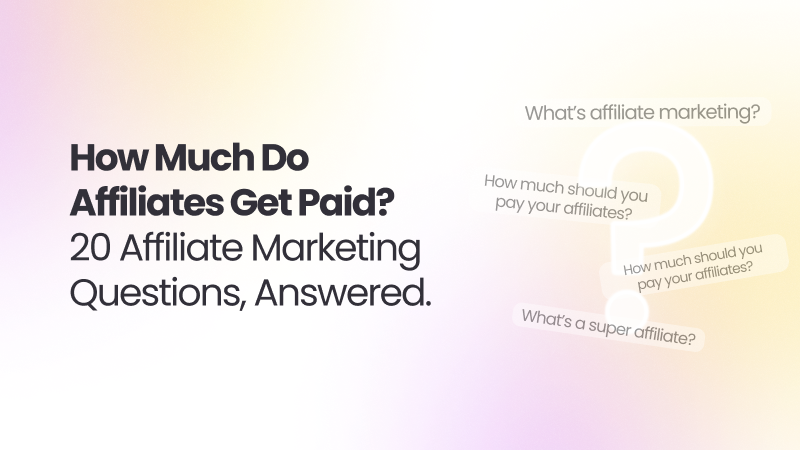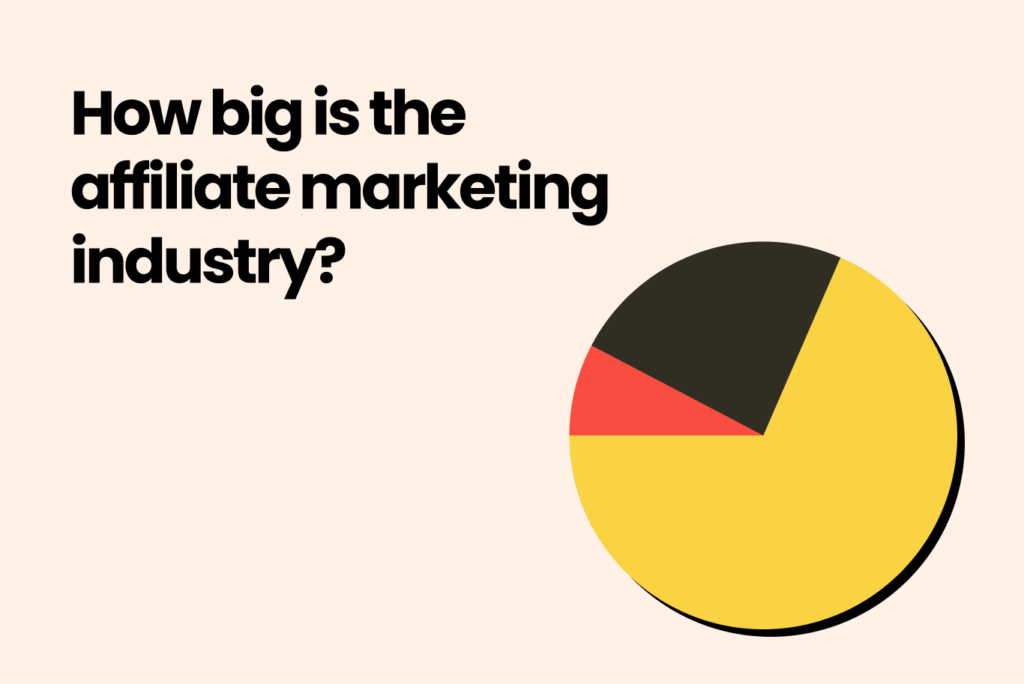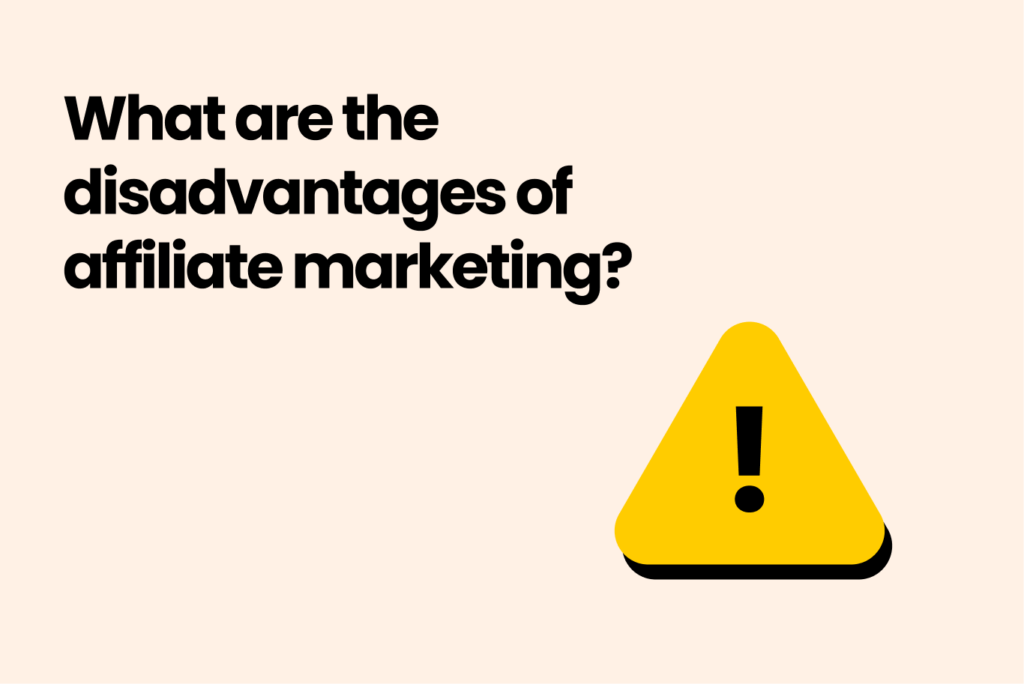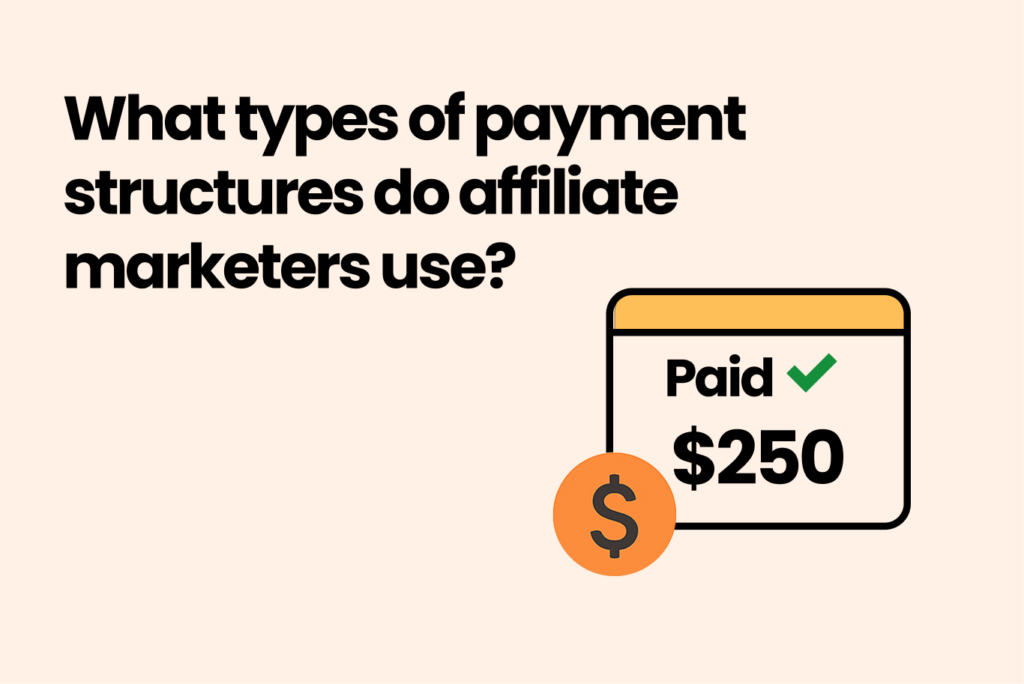
If you’re an influencer or on a marketing team, you’ve likely considered affiliate marketing as a means of passive revenue. It’s true that the relationship between brand and influencer can be lucrative for both parties, but how exactly do these programs work? Here are 20 of the most frequently asked questions answered so you can partner with the right people and make affiliate marketing work for you.
Affiliate marketing is a business strategy where a brand pays an individual, an affiliate, a commission for promoting the brand’s products or services. The affiliate is typically paid for every sale made through their affiliate link.
Brands could choose to partner with seasoned, experienced affiliates or with their most loyal customers. While affiliates are usually established influencers, they don’t have to be. Anyone who loves the business and could generate sales through promotion makes a great affiliate.
An influencer is someone with a prominent following on social media. They are the people you will seek out to promote your brand. Affiliates are influencers who sign on to your affiliate program.

As of 2025, the affiliate marketing industry exceeds $20 billion and continues to grow, according to Astute Analytica.
Aside from the obvious benefit of an additional passive revenue stream for the business, there are many other benefits to affiliate marketing:

The truth is, you can never know for sure how an affiliate will perform before partnering with them. However, when conducting your research, consider the level of engagement among the influencer’s audience.
When the influencer is posting an affiliate advertisement, is the audience sentiment generally positive? Are people excited to get involved and try the products they recommend? If yes, there’s a great chance that their audience sees the influencer as highly trustworthy. For the brand, this means a higher likelihood of conversions.
Yes. Incremental sales refer to the number of units sold through a particular marketing campaign. The campaign could be a social media, paid ad, or affiliate marketing campaign. For the sale to be incremental, it must have come from a source outside the company, like a partner, affiliate, or social media channel.
When a potential customer views an affiliate website or social post, an affiliate disclosure statement is legally necessary to reveal that a commission is paid to the affiliate if the reader interacts with the link or purchases through it.
Affiliate disclosures can come in the form of a statement, popup, or by verbal confirmation. The point is to disclose when a review or promotion is incentivized, so consumers can consider that before interacting or purchasing. Specific disclosure laws may vary from country to country.
Many brands and affiliate marketers have concerns about ad blockers interfering with their own advertising. However, the marketing industry is always evolving, and Google Chrome’s built-in ad blocker only blocks advertising that does not comply with the current Better Ads Standards.
This essentially means that only poor-quality ad publishers are being blocked, while reputable affiliates with proper disclosure statements are free to publish as usual.
A super affiliate is exactly what it sounds like. They have a thriving and influential affiliate business, consistently driving a majority of their income through the programs they have joined.
For many influencers, affiliate marketing is a side hustle. Not their primary means of income. But for super affiliates, it’s their main moneymaker, and they excel at it.
The beauty of affiliate marketing is that influencers aren’t full-blown employees. You should monitor performance, but if affiliate performance slips from time to time, you don’t need to take action.
Remember, brands only pay affiliates when they make sales. So there’s no harm or foul when an affiliate doesn’t drive any revenue in a given month. You could work with them and inspire some creative new content ideas, however, if they are disengaged for a longer period of time.

There aren’t many disadvantages to affiliate marketing. When you start your program, there is a bit of a time investment to find the right influencers and educate them about your brand.
But that investment of time pays for itself quickly when the affiliates start driving revenue. Your program should eventually snowball into an almost self-driving marketing campaign if you put the work in at the beginning.
You can!
Affiliate programs can operate in any country where there’s a demand for your product. If your brand has a strong presence in multiple countries, you should ensure it can be converted in all the applicable languages. That way, customers don’t feel lost once they land on your website from the affiliate.
That’s ultimately up to the brand! Affiliate commission rates are flexible and typically depend on a few different factors, including how well your website typically converts compared to the industry standard.
The payment structure has to be enticing enough to encourage influencers to join the program and feel valued, while also ensuring the brand makes enough money to make the partnership worth it.

There are two main types of affiliate payment structures: one-time payments and recurring commissions.
One-time payments offer an affiliate a single payment when a customer completes an action through an affiliate link. Recurring commissions are awarded when a customer signs up for a subscription-based product or service. In those cases, the affiliate is paid each time the customer pays for their subscription.
Yes! With the right software app to manage your program, you’ll be able to automate payouts.
When they first join your program, you should provide affiliates with brand resources. Provide them with guidance on your value proposition, ideal customer profile (ICP), and what your product or service offers that competitors don’t.
An informed affiliate feels comfortable in promoting your brand. You can also look up examples of affiliate link promotion and share the resources that are well-suited to your brand.
A comprehensive affiliate marketing software will offer dashboards for easy affiliate tracking. You should establish monthly or biweekly feedback loops with your affiliates, so you can provide them with feedback on their performance, solicit their program feedback, and offer support with whatever they need to do their best work.
To understand how your affiliate is performing, there are 8 metrics you should track:
Conduct research on benchmarking for your product niche and compare your affiliates’ performance based on those KPI findings.
The answer? It depends.
Different social media platforms are better suited for some brands over others. Products with high aesthetic quality are ideal for TikTok, Instagram Reels, and other short visual mediums.
For services, consider affiliate bloggers or other long-form text platforms. That way, your affiliate can write a more in-depth review, and you have evergreen content that converts.
There are endless strategies for affiliate marketing content. ASMR, try-on hauls, unboxings, get un-ready with me, and leveraging seasonal holidays to push sales are all popular (and effective) means of making content.
Research what your customers are doing, and double down on what works. Or, ask the affiliate themselves. They will know what resonates with their audience and how to best integrate your brand into their regular posting schedule.
At Simple Affiliate, we aim to make affiliate marketing, well, simple. We offer everything you need to start and scale your program, and are trusted by hundreds to make affiliate marketing a success.
Book a demo with the team here to learn more and get your program started today.